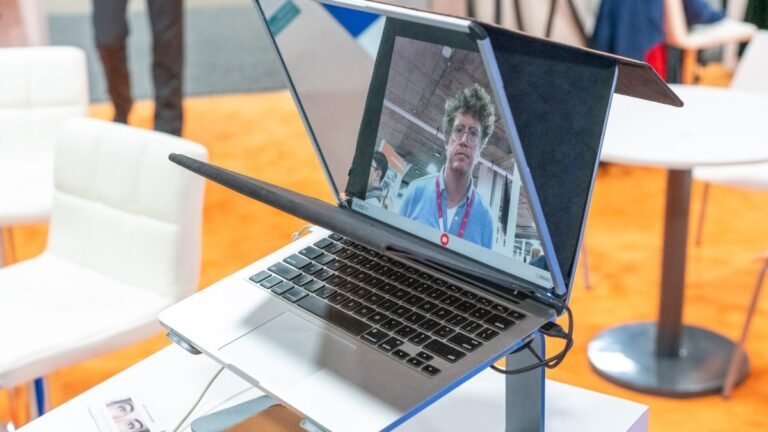
There are a ton of tools out there that help you keep eye contact when talking with people online – some (Plexicam, CenterCam) place the camera in front of your screen.
Others use AI to edit the video stream to make it look as if you’re looking at the camera (it’s creepy AF when done poorly).
EyeQ is taking a different approach, and we took a closer look at CES 2024 in Las Vegas.
The lack of personal connection and the inability to maintain eye contact during video calls are major contributing factors to this issue.
“Our primary focus is on the online healthcare and consultancy markets, where making authentic eye contact is crucial.
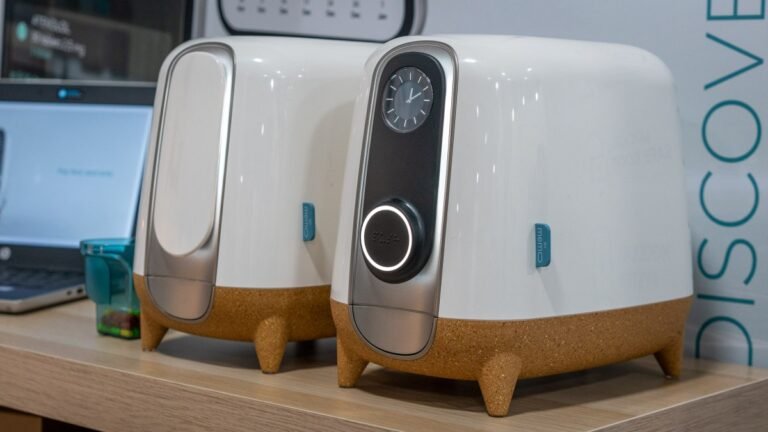
Every few years, a new startup takes a stab at automatic pill dispensers to help with drug adherence and to prevent people from accidentally dosing more than they should.
Makes sense: For many of us, as we get older, more and more medicines join the lineup that keeps us ticking along.
Unfortunately, memories get fuzzy, and forgetting to take — or doubling up — medicines can have disastrous consequences.
The company takes a fresh look at the market, with a good-looking device to keep its users’ medicine intake on track.
My Memo is a closed box that makes the medicines inside inaccessible — helpful to prevent casual theft and child safety, for example.
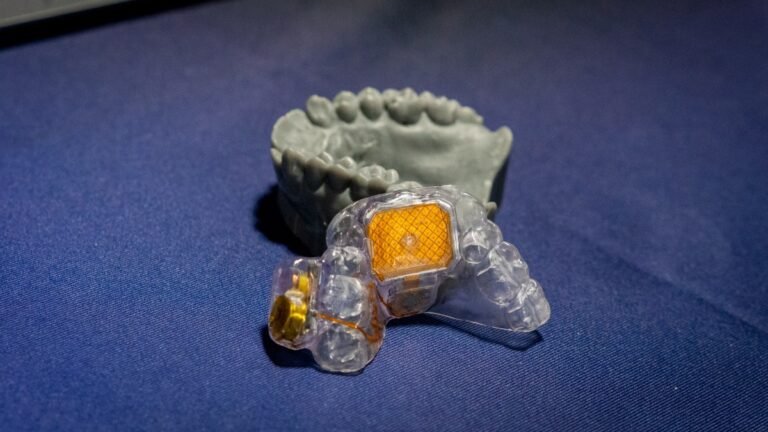
That’s exactly what Augmental has been working on, and it’s nothing short of awe-inspiring.
“One of the new features we recently added to the mouthpad is head dragging and head control.
One of our champion users, Keeley, uses it daily for schoolwork and it has proven to be life-changing for her.
For its beta users, the device costs around $1,000 – but pricing details and availability details are coming soon.
May they find every success and figure out a way to users who need this product sooner rather than later!

Today, the company unveiled its new generation of GPS device, Tack GPS Plus, at the Consumer Electronics Show (CES) 2024.
The company claims Tack GPS Plus reduces search time in high-rise cities by offering vertical distance and geographical coordinates.
The Tack GPS Plus can be widely used by parents, caregivers, pet owners, and more.
Tack GPS Plus follows the company’s second product, a palm-sized autonomous flood-detection device called Tack EVO FloodFinder.
Tack GPS Plus is now available on the company’s official website and will then be sold on Amazon, Lazada, and Shopee around mid-January.
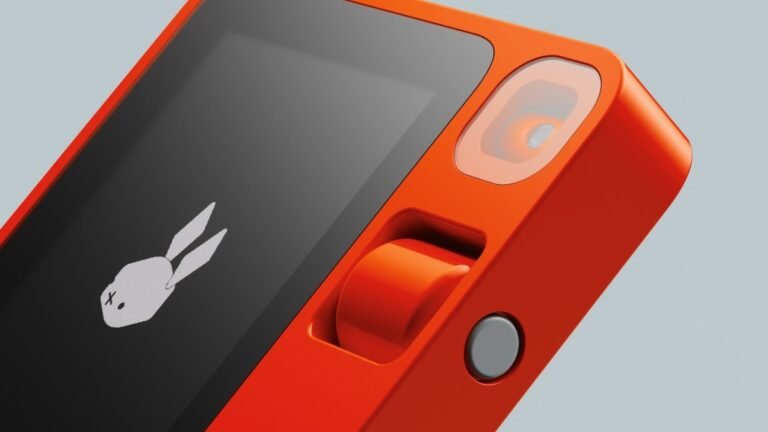
In a sea of AI-enabled gadgets at CES, the rabbit r1 (all lowercase, they insist) stands out not just for its high-vis paint job and unique form factor, but because of its dedication to the bit.
“The phone is an entertainment device, but if you’re trying to get something done it’s not the highest efficiency machine.
After all, that’s what our so-called “AI assistants” have supposedly been doing for the last five or six years.
Even so, even if the rabbit r1 is better or cuter, people prefer simplicity and convenience.
Why would they pay money to carry a second device when their first one does most of those tasks?
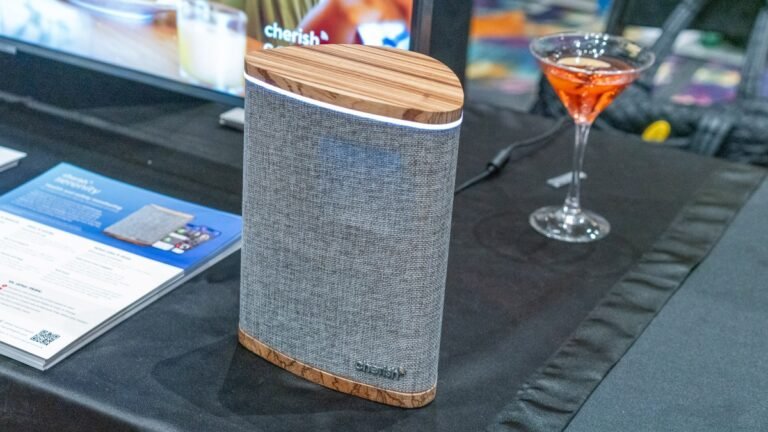
Serenity, the result of a fruitful partnership with Alarm.com, is an innovative fall-detection system that does away with traditional wearables.
What sets Serenity apart is its ability to construct a 13-point skeleton model of individuals in near-real-time, using radar data processed by AI on the device.
This model helps distinguish between intentional lying down and falls, including slow falls that traditional accelerometers fail to detect.
from a distance, without any wearable device – a feature that has far-reaching implications for home healthcare.
“Serenity isn’t just a product; it’s a promise of independence, safety, and peace of mind for our aging population.”
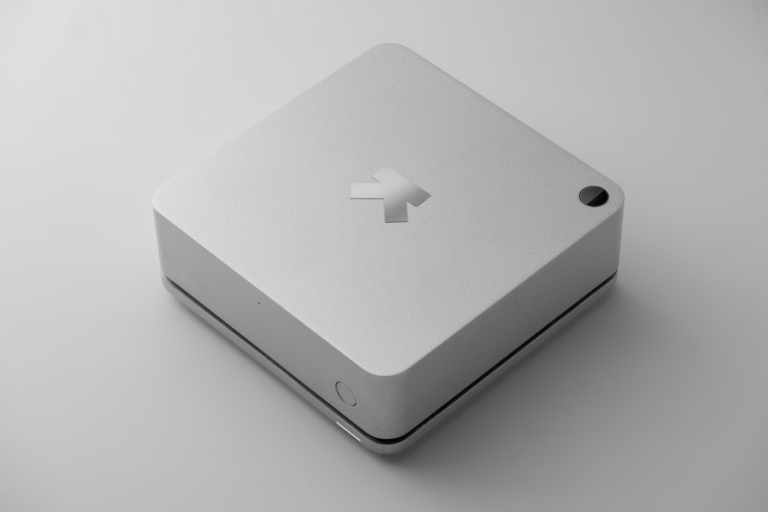
Indian wearable startup Ultrahuman is getting into the smart home game.
By capturing more data-points it can link to its smart ring users, Ultrahuman may be able to improve the accuracy of its algorithms — to give its personalized advice an edge over rivals.
The same is true with the Ultrahuman Home: There’s no subscription required for the service; just a one-off hardware purchase.
Since the launch of the Ultrahuman Ring Air, its sleeker second gen smart ring which we reviewed last summer, momentum has been growing, with sales exceeding 10,000 units last month, per Kumar.
There is also a hardware button on the device that will let users switch off the mic when they wish.
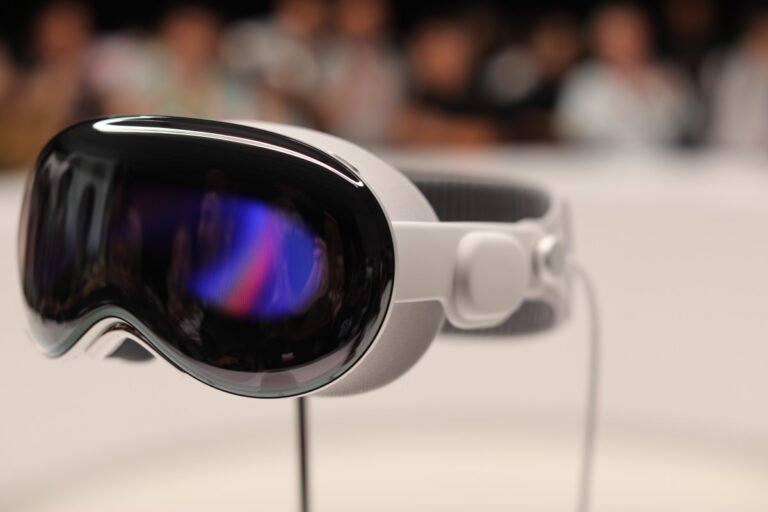
Apple this morning confirmed that the Vision Pro will be available in the U.S. starting February 2.
Pre-orders for the $3,500 spatial computing device open Friday January 19 at 5AM PT.
“Apple Vision Pro is the most advanced consumer electronics device ever created.
How many bespoke Vision Pro apps will be available when the device launches in little under a month, however, remains to be seen.
Apple notes, “Players can access games on the App Store, including more than 250 titles on Apple Arcade.

Aside from a brief on-again-off-again thing with Nokia, Withings has been quietly establishing itself as a home health powerhouse in recent years.
The “multiscope,” as the company has deemed it, is designed to give patients easy access to vitals during teleconference health calls.
It’s kind of a supercharged digital thermometer that also serves as an electrocardiogram, oximeter and stethoscope, giving your healthcare provider more insight into what’s going on with you in real time.
“While convenient and cost-effective, remote visits lacked the ability for health professionals to carry out the routine checks they perform in person.
That audio can also be sent to the healthcare provider via an app.

But this year, give the gift of good security (and privacy) and eschew tech that can have untoward risks or repercussions.
Location data is some of the most sensitive data belonging to a person; location can determine where someone was at a particular time, which can be highly revealing and invasive.
Even one of the better-known family tracking apps, Life360, was caught selling the precise location data of its users to data brokers.
There’s no reason why you shouldn’t discuss the benefits and pitfalls of tracking your kids with your kids.
And this year, another smart sex-toy maker exposed the user and location data of its customers thanks to its leaky servers, which the company has yet to fix.













